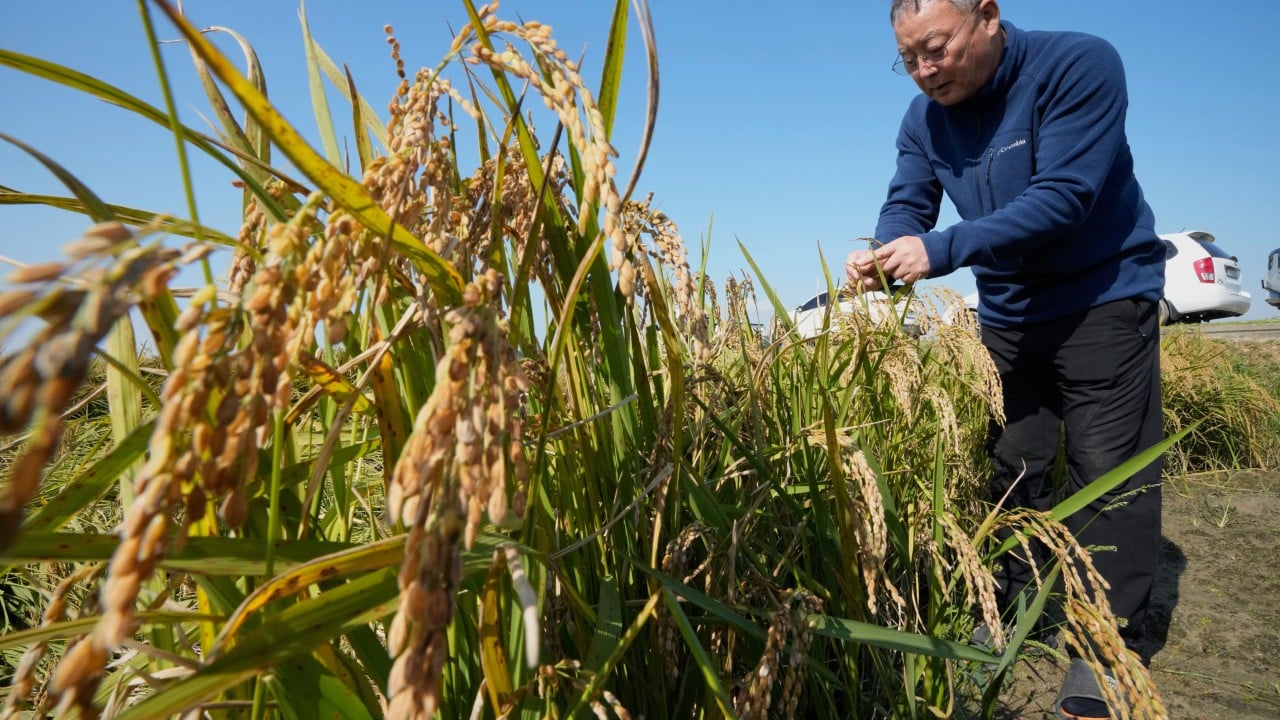
Hwang Seong-yeol stood at the edge of a golden field, watching nervously as a combine harvester crawled through his rice, churning up mud and stalks. Its steady hum filled the damp autumn air as grain poured into a truck waiting at the other end of the muddy paddy.
It was the final day of what Hwang said was one of his toughest seasons in three decades of farming. He and other farmers feel helpless against increasingly erratic weather that they link to climate change and damage to their crops. It has complicated their work and cast uncertainty over their futures.
The lawsuit raises questions about whether power companies’ role in driving climate change, and the resulting agricultural losses, can be quantified. It is the first of its kind in South Korea, said Yeny Kim, a lawyer with the Seoul-based non-profit Solutions for Our Climate, who is handling the case.
The case highlights the difficulty South Korea faces in switching to cleaner energy, especially as Western nations, which industrialised earlier, pressure it to abandon fossil fuels.
Unstable weather causes ‘agricultural disasters’
Hwang’s fields are on a reclaimed coastal plain along South Korea’s western sea, where glimmering waterways criss-cross dark, rich soil and flocks of migratory geese drift overhead, moving like a giant, living quilt.


